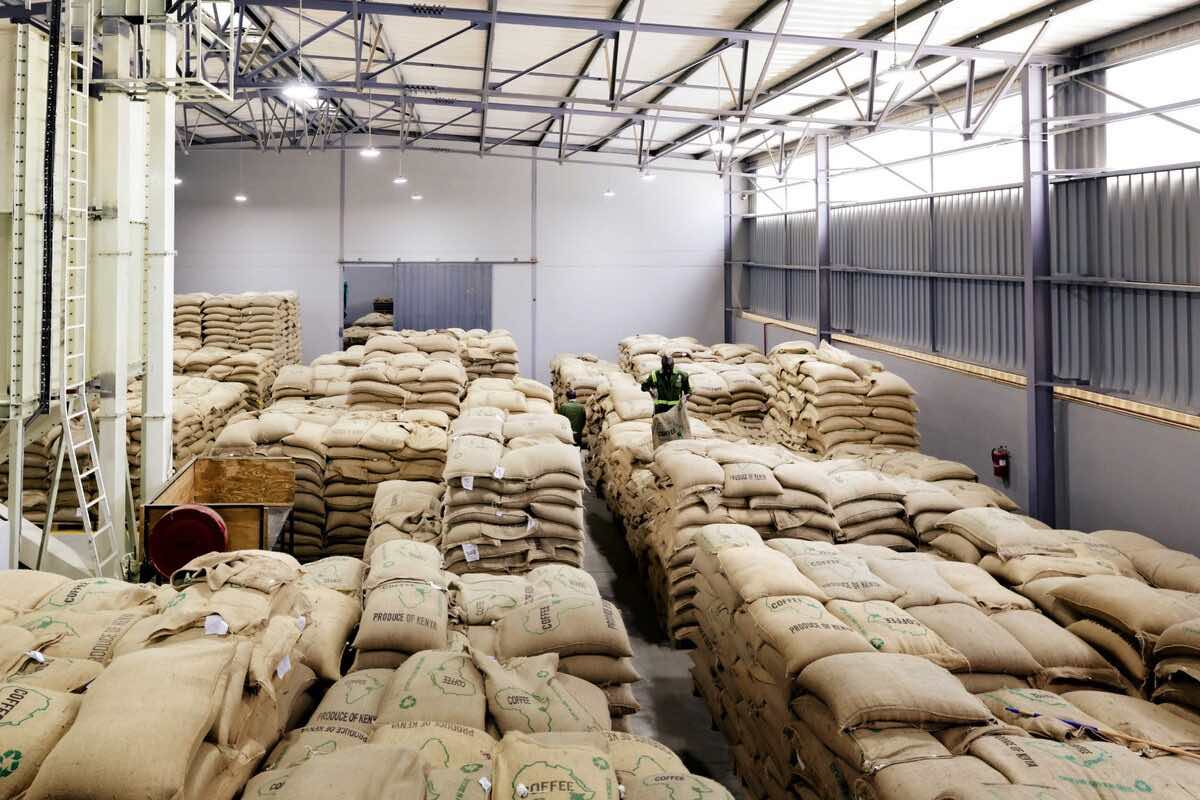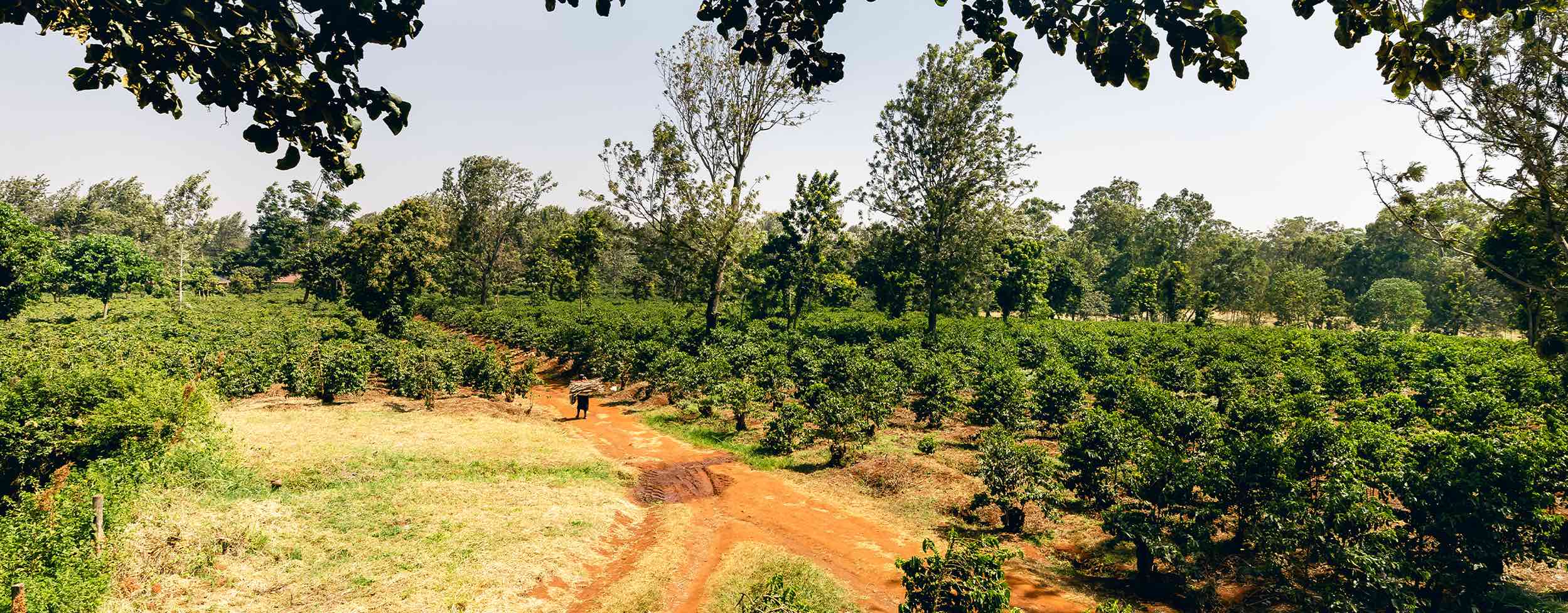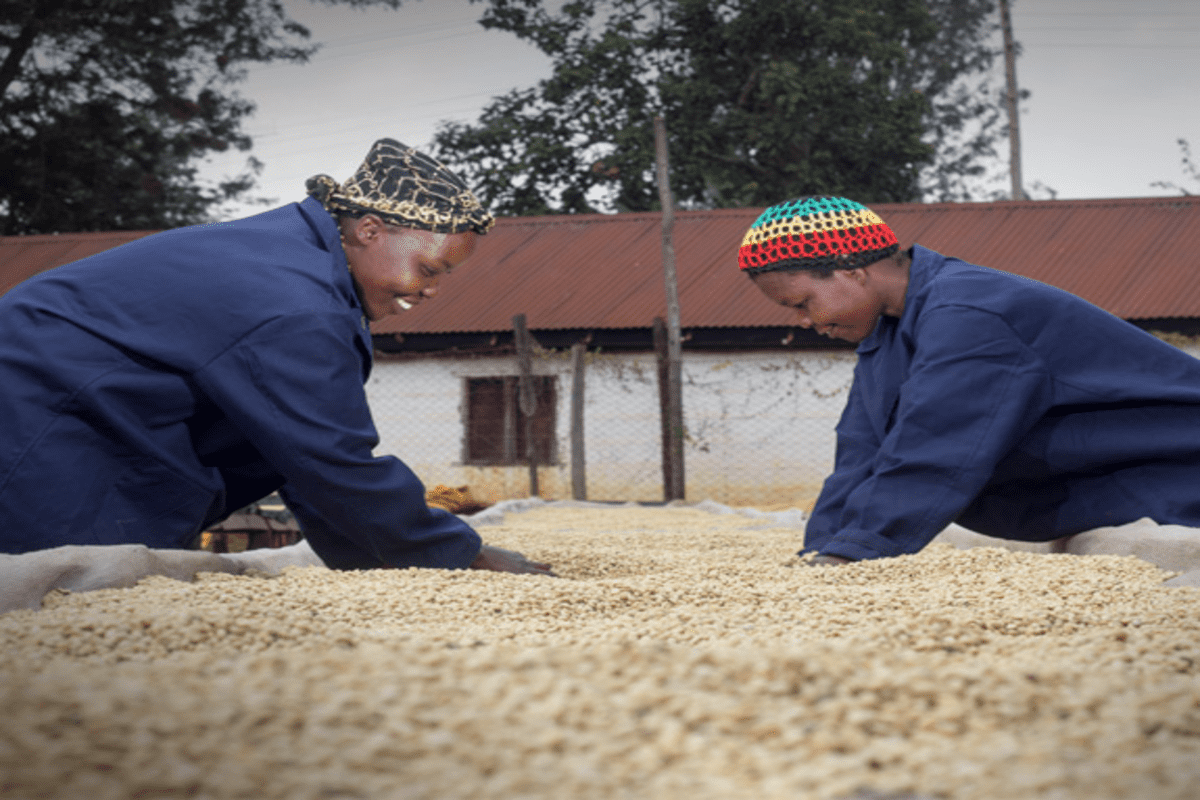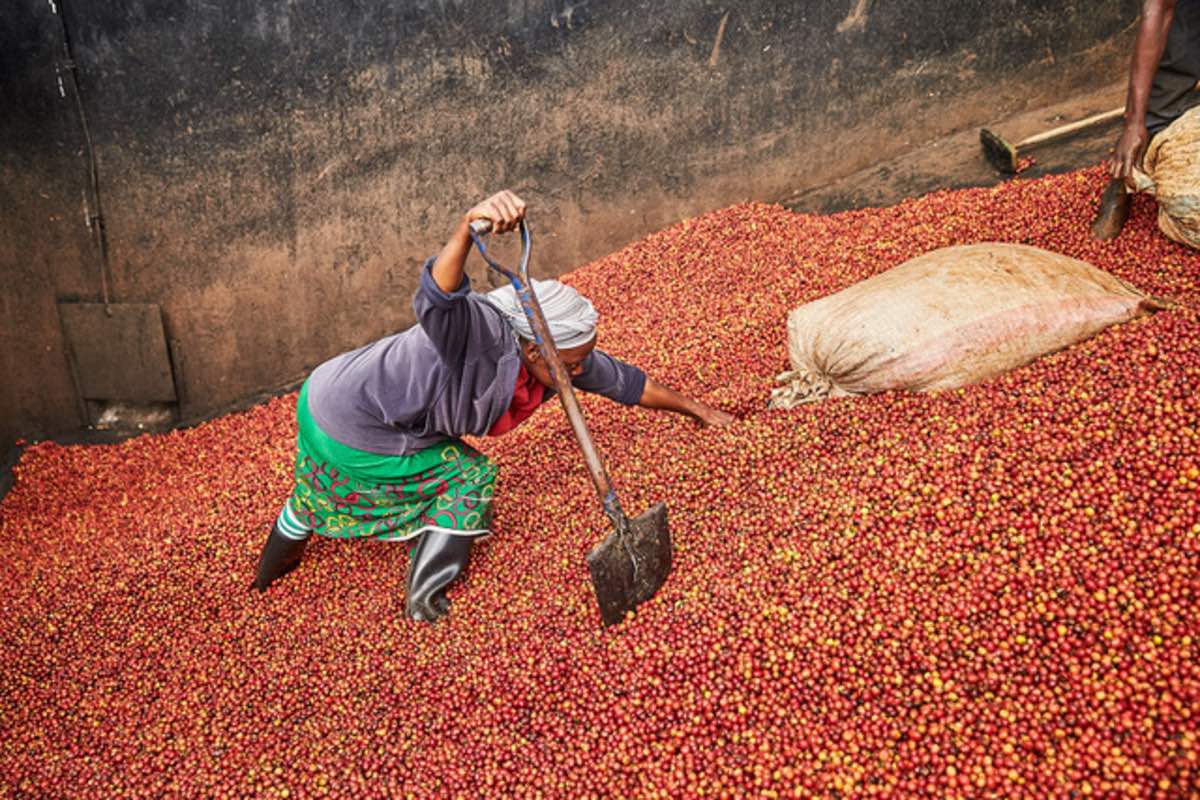
Sustainable Coffee Practices and Cooperatives
Introduction:How Sustainable Coffee Practices and Cooperatives Empower Farmers Beyond Brokers
In the world of coffee production, the link between coffee quality and the financial well-being of farmers is undeniable. Contrary to conventional practices where brokers often played a decisive role in determining farmers’ earnings, a paradigm shift is underway.
This article delves into the pivotal concept that the quality of coffee, coupled with sustainable practices, now stands as the primary determinant of how much income reaches the hands of coffee farmers.where the quality of the coffee itself, not brokers, takes center stage in determining the prosperity of farmers.
-
The Quality Revolution:
– In an industry once dominated by brokers, the emphasis on coffee quality is steering the narrative towards a fairer compensation model for farmers.
– Quality beans are becoming the currency for prosperity, ensuring that the farmers’ dedication to producing exceptional coffee is rightfully rewarded.
-
The Rise of Sustainable Coffee Practices:
– Sustainable coffee practices have emerged as the backbone of quality production, incorporating eco-friendly and ethical cultivation methods.
– From shade-grown crops to organic farming, these practices not only enhance the flavor profile of coffee but also promote environmental stewardship.
-
The Power of Cooperatives:
– Cooperatives play a pivotal role in empowering individual farmers by providing them with collective strength.
– Through cooperatives, farmers can pool resources, share knowledge, and collectively negotiate fair prices, breaking free from the constraints of traditional broker-dominated markets.
-
Strength in Numbers:
– Cooperatives enable farmers to access crucial resources, such as financing, training, and technology, that would be challenging for individual farmers to secure.
– Collective bargaining power allows cooperatives to negotiate better prices for their members, ensuring a more equitable distribution of the profits.
-
Community Impact:
-Beyond financial gains, cooperatives contribute to the holistic development of farming communities.
– Educational programs, healthcare initiatives, and infrastructure development become feasible through the communal strength of cooperatives, creating sustainable growth for entire regions.
-
The Collaborative Advantage:
– Collaborative efforts between coffee producers, cooperatives, and conscientious consumers foster a more transparent and ethical coffee industry.
– Certifications and initiatives, such as Fair Trade and Rainforest Alliance, ensure that sustainable practices and fair compensation become industry standards.
Conclusion:
As we savor our daily cup, it is imperative to recognize that the journey of coffee from farm to cup is evolving. The era where brokers dictated the fate of farmers is being replaced by a system that celebrates coffee quality, sustainability, and the collective strength of cooperatives.
Through embracing these principles, we not only ensure fair compensation for farmers but also contribute to the flourishing of entire communities. The coffee in our cups becomes a symbol not just of taste but of a global commitment to a more equitable, sustainable, and prosperous coffee industry.





